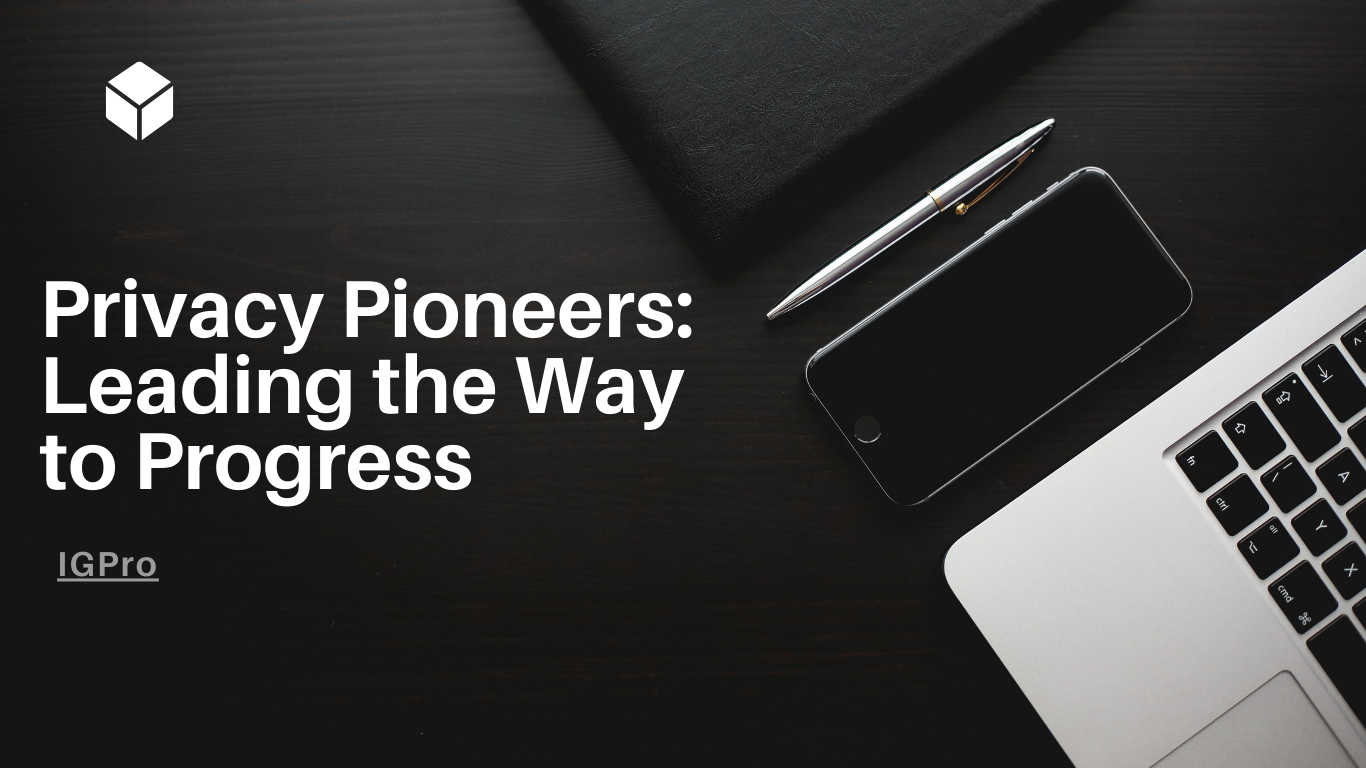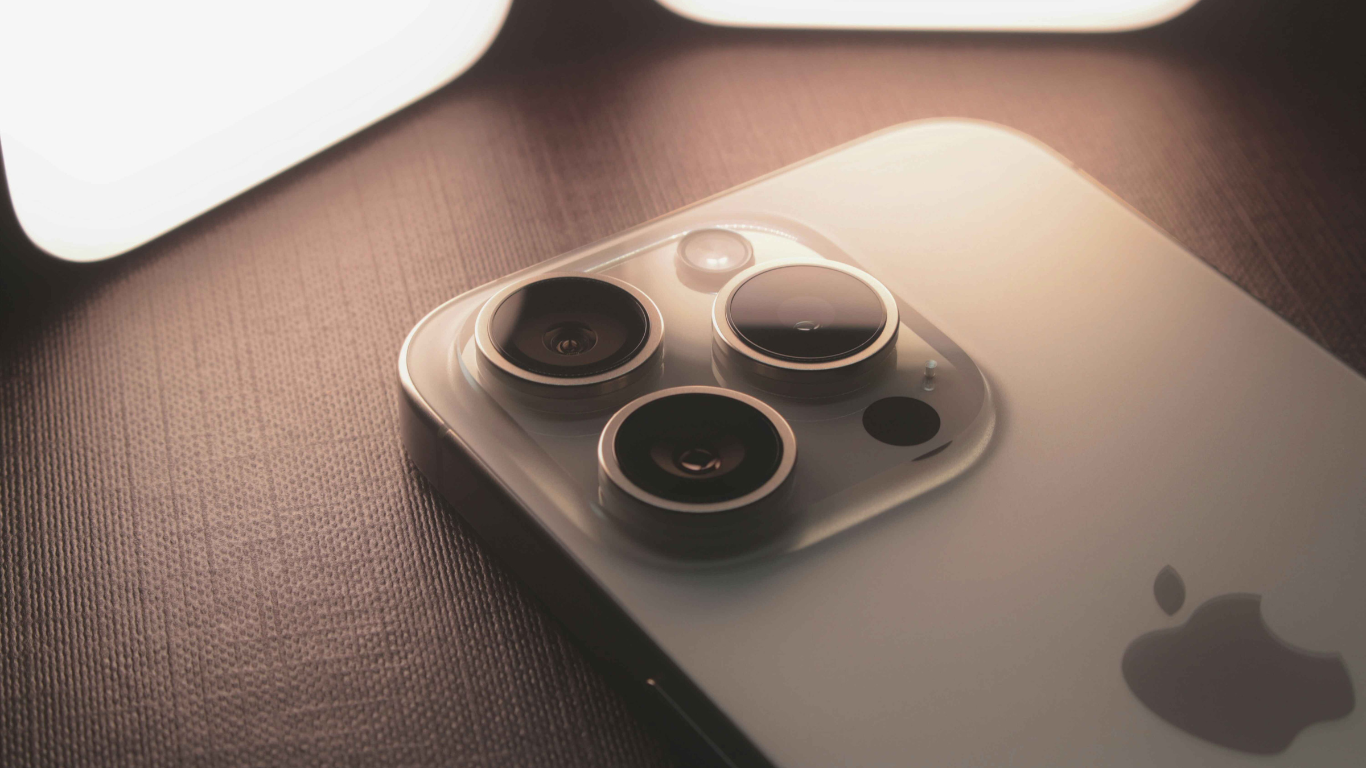Privacy vs. Progress: Is Facial Recognition a Threat to Our Freedom?
Facial recognition technology has taken center stage in the tech world. From unlocking smartphones to securing buildings, its applications seem endless. But with great power comes great responsibility, and the question lingers: is facial recognition a boon for convenience or a bane for our privacy?
The All-Seeing Eye: Convenience at a Cost
Undeniably, facial recognition offers a layer of convenience. Imagine breezing through airport security without a single pat-down, or effortlessly paying for groceries with a simple smile. Proponents argue it streamlines processes and enhances security. Businesses see it as a tool to deter theft and identify VIP customers.
The Erosion of Privacy: A Slippery Slope
However, the convenience comes at a cost – our privacy. Facial recognition systems collect and store vast amounts of biometric data, essentially creating a digital map of our faces. This raises concerns:
- Mass Surveillance: Who has access to this data? Governments and corporations could potentially track our movements and activities, creating a chilling atmosphere of constant monitoring.
- Misuse and Bias: Facial recognition algorithms are not perfect and can be biased. This can lead to misidentification, especially for people of color, potentially causing discrimination and wrongful accusations.
- Loss of Control: Once our facial data is out there, it’s nearly impossible to control its use. Imagine a future where every interaction is tracked and analyzed based on your facial expressions.
Finding the Balance: Progress with Safeguards
Technological progress is inevitable, but it shouldn’t come at the expense of our fundamental right to privacy. Here are some ways to strike a balance:
- Transparency and Regulation: Clear laws and regulations are needed to govern data collection, storage, and usage. Individuals should have the right to access and control their facial recognition data.
- Strong Encryption and Security: Data needs to be protected with robust encryption measures to prevent unauthorized access and misuse.
- Opt-in, Not Opt-out: Individuals should have the choice to opt-in to facial recognition systems, not be forced to participate by default.
The Future We Choose: Privacy or a Panopticon?
Facial recognition technology is a double-edged sword. It offers convenience and security, but it also raises serious privacy concerns. We stand at a crossroads. Do we embrace a future where technology reigns supreme, even if it means sacrificing our privacy? Or do we find ways to harness its power while safeguarding our fundamental rights? The answer lies in striking a balance, ensuring progress serves humanity, not the other way around.
The conversation doesn’t end here. Let’s keep the dialogue going! What are your thoughts on facial recognition technology? Share your concerns and ideas in the comments below.






Leave A Comment